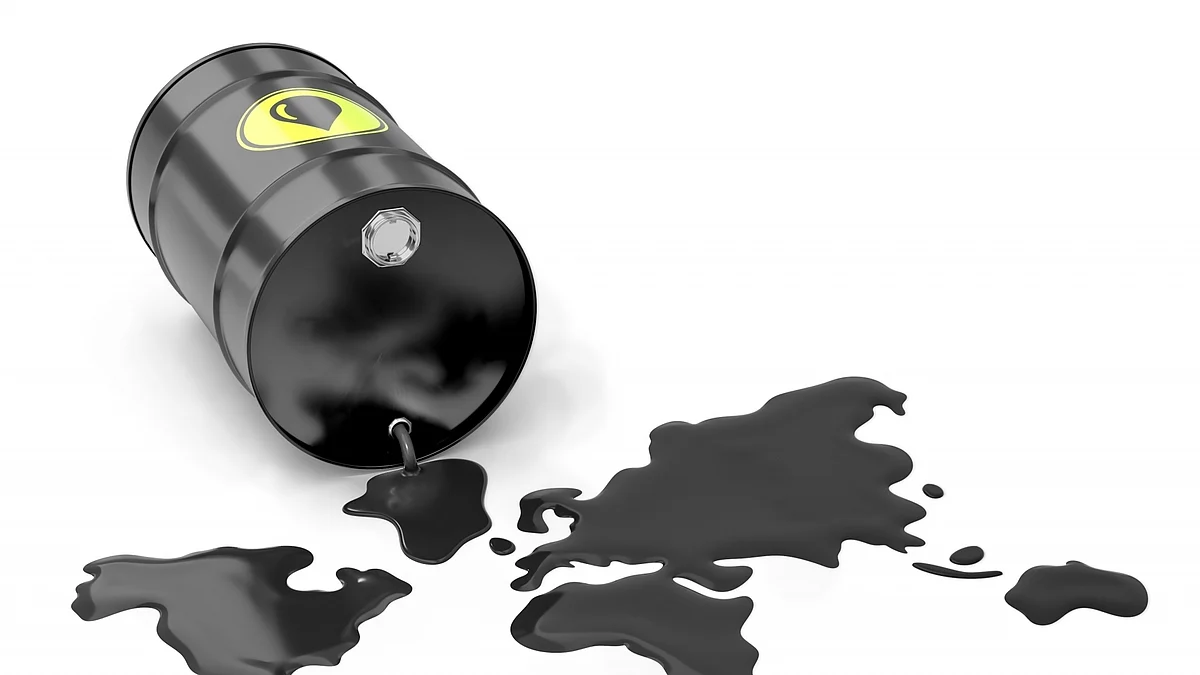World
Oil prices jump after surprise OPEC production cut
The oil production cuts will total more than a million barrels per day — the biggest reduction since OPEC slashed two million barrels a day in October.

Oil prices and futures prices rose sharply in the early hours of Monday as markets re-opened for business in Oceania and Asia, responding to Sunday's surprise announcement by Saudi Arabia, Iraq and other Gulf states that they would reduce oil production further than previously planned.
Published: undefined
Both the benchmark oil prices rose.
Published: undefined
Brent Crude oil reported a jump of over 6%, rising $5.16 (roughly €4.78) to $85.05 per barrel. The US West Texas Crude index climbed $4.88, to $80.55.
Published: undefined
The Organization of Petroleum Exporting Countries (OPEC) called the production cut a "precautionary" move aimed at stabilizing the market.
Published: undefined
Implications of the oil production cut
Published: undefined
From May to the end of the year, the production cuts will total more than a million barrels per day — the biggest reduction sinceOPEC slashed two million barrels a day in October.
Published: undefined
OPEC+ accounts for over 40% of the world's crude oil production.
Published: undefined
For oil-importing countries, particularly less wealthy ones, rising oil prices can have severe knock-on financial effects.
Published: undefined
Given that they're unlikely to be able to cut consumption drastically, they will be facing rising prices per barrel for the commodity, and probably paying the increase in US dollars rather than their own currency.
Published: undefined
OPEC said in its forecast that in 2023 the world oil demand would grow by 2.3 million barrels a day to an average of 101.87 barrels per day.
Published: undefined
Strain on US-Saudi relationship
Published: undefined
Russia, a member of the group, said that it would be extending voluntary cuts of 500,000 barrels per day.
Published: undefined
Higher oil prices will help Russian President Vladimir Putin as his country wages a war on Ukraine. Russia has also lost several formerly important export markets, particularly in the EU, to sanctions on oil imports since invading Ukraine, meaning its trading partners are more limited and it can't sell as much.
Published: undefined
The US has been asking Saudi Arabia and other allies to increase production as it tries to bring down prices and squeeze Russia's finances, but to no avail.
Published: undefined
Saudi Arabia, as OPEC's largest producer, announced the biggest cut at 500,000 barrels a day. This represents less than 5% of Saudi's average production of 11.5 million barrels a day in 2022.
Published: undefined
Among the OPEC countries Iraq said that it would reduce production by 211,000 barrels each day and the UAE by 144,000, Kuwait by 128,000, Kazakhstan by 78,000, Algeria by 48,000 and Oman by 40,000 barrels a day.
Published: undefined
Back in October, the cuts were announced on the eve of the US midterm elections during which time soaring prices was a major issue. President Biden had said that there would be "consequences."
Published: undefined
Some Democratic lawmakers even demanded a freeze on cooperation with Saudi Arabia, a major US trading partner.
Published: undefined
Follow us on: Facebook, Twitter, Google News, Instagram
Join our official telegram channel (@nationalherald) and stay updated with the latest headlines
Published: undefined